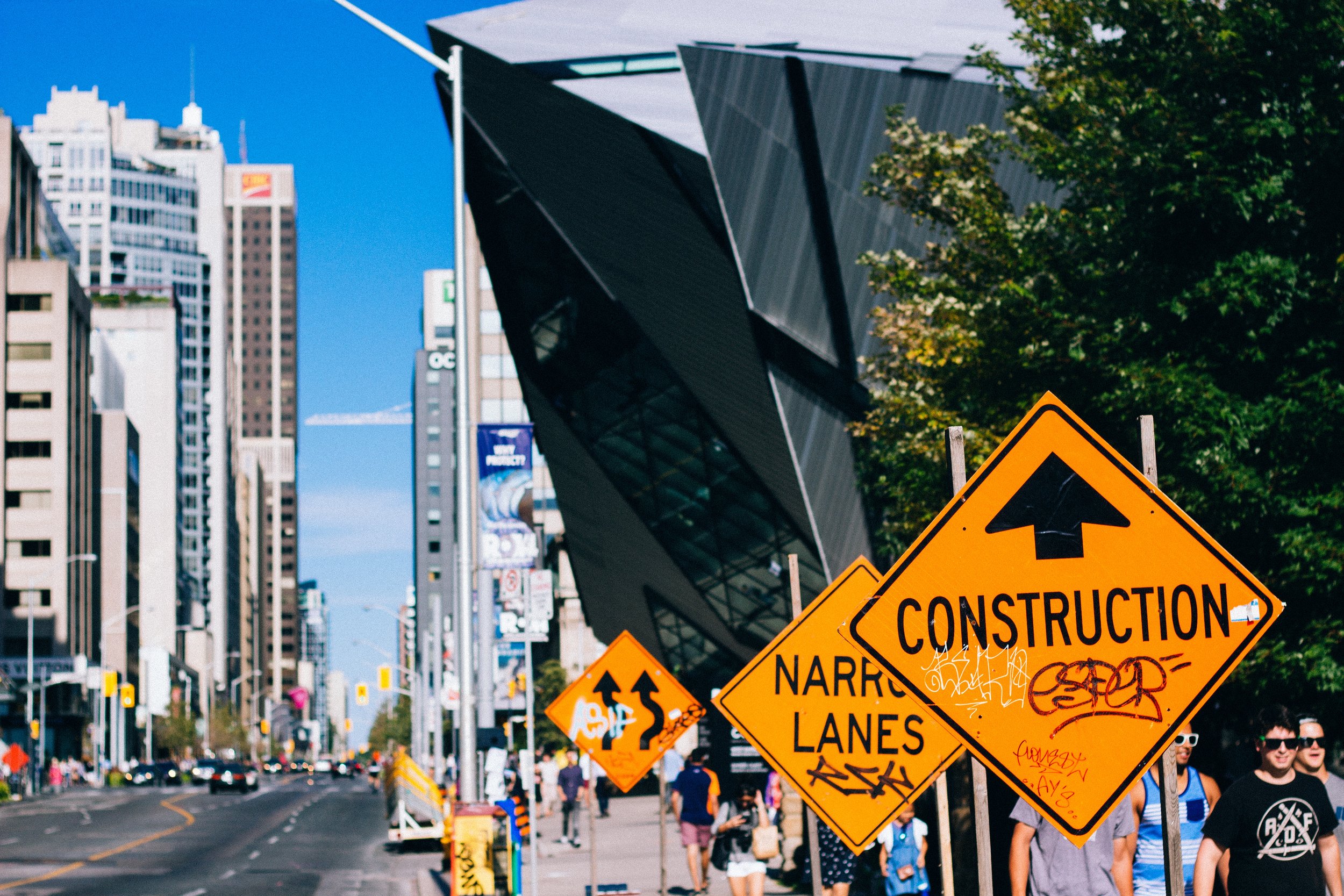Engaging the City for What, Exactly?
/I live in an area of the Salt Lake that doesn't have franchise restaurants outside the fast-food category. No hip coffee shops. No Cafe Rio. Not even a Chili's. I live in what some call the last affordable housing, and others call the hood. It' neither the hood nor affordable, but it's my home. When I moved across the valley to plant Redeeming Life Church, I think I had an idea in my head that with the gospel would come more restaurants and a more affluent quality of life.
Why did I think like this?
Maybe because it's natural. How many missionaries travel around the world to share the gospel but spend most of their time trying to import a better quality of life in the now? Often well-being in the now is given much more energy and prayer then welfare in eternity. The same goes for short-term missionaries. Pictures during a report show far more poverty than brokenness and sin. And how often is that the poverty makes the pictures so sexy, and they become shocking to us because they display something less than our affluence? What might the people of the mission field say if they saw our pictures and heard our reports?
The same thing happens in my area of Salt Lake City.
I was talking with some Christians who moved to my community to live as missionaries. A big concern was the lack of great stuff in my community. I get it. The people here often feel of less value than those across the valley. I tell our mission teams that they come to show the people of my community that Jesus values them enough to send mission teams armed with the gospel. But just because we don't have remarkable housing or a sit-down joint with tasty steak or RVs and big boats doesn't mean we need the gospel more than those who have the good stuff. That thinking only targets the now. No. My community needs the gospel because we are broken sinners, separated from God. Someday we may have a Starbucks, but that doesn't matter either way if we don't have the gospel.
"But Jesus often healed people before he shared his good news," missionaries argue; "Jesus fed the people because he cared about their physical needs." This is true. But it is not always the case and not the definitive model for mission work. He didn't give the women at the well physical water. In fact, he asked her for a drink from the well. Paul didn't go barging into the idol shops in Emphasis to shut them down in the name of social justice. Instead, he started preaching the gospel to his people in the synagogue, and when they weren't interested, he didn't dig them a well or repaint their building. I moved on to others who might be open hear the gospel. Eventually, the gospel changed people so much the they stopped buying the false idols. Also, idolatry was their problem, not the lack of a great coffee shop. Idolatry is our problem, and a great coffee shop might be an idol.
I am not saying we don't serve our communities. I'm not saying I don't pray for a great (inexpensive) sushi place in my neighborhood. I'm certainly not saying we don't dig wells, clean up trash, or fix up the city. But I am saying that if the gospel reality that redeems sin and brokenness is not leading our motivation, we probably have the wrong motivation. If affluence is our objective, affluence might be our gospel too.

